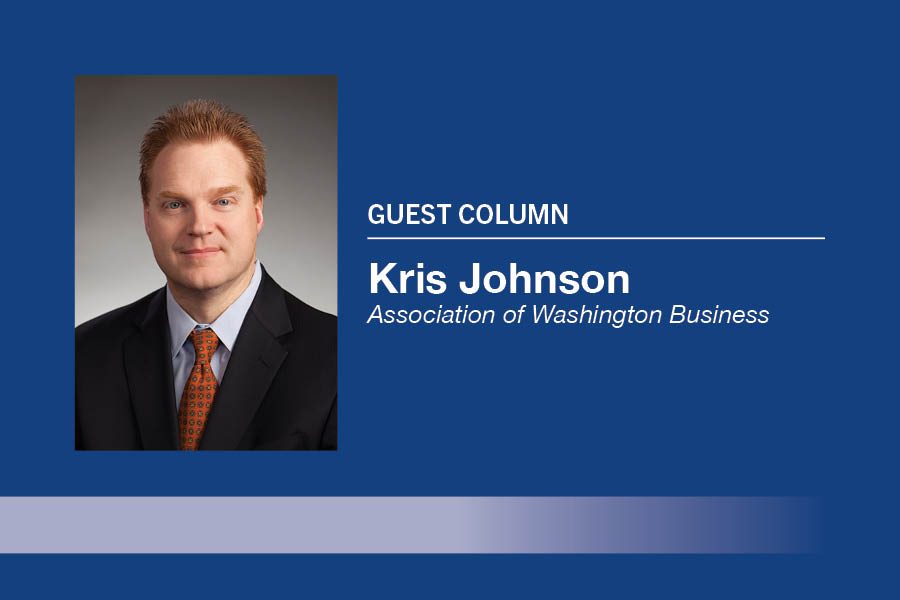
Home » Amid high costs for employers, voters say more taxes a bad idea
Amid high costs for employers, voters say more taxes a bad idea

February 13, 2025
Washington is a state of innovation and beauty, with unique advantages – but also with high costs to do business. Every new law, rule and tax layers on further costs, making it harder for employers to create jobs, or even stay open.
The details matter, so each year, the Association of Washington Business publishes a detailed, data-rich look at exactly how Washington compares to other states. It’s called the Competitiveness Redbook, and the 2025 edition has just been published.
It has some important stories to tell.
For one, businesses in Washington pay nearly half of all state and local taxes. Employers not only support their communities, but they also are a pillar of our state’s budget. Businesses pay for one out of every two teachers, firefighters and miles of road in this state.
We see bright spots among the data, like Washington being top in the nation for the share of high-tech in the workforce and research and development spending at or near the top.
And yet the strength of our state’s business climate is not secure.
CNBC’s rankings of Top States for Business, which typically rates Washington favorably because of the lack of a state income tax, show us slipping – from second-best in 2022 to 10th-best today, due to worsening of our cost of doing business (39th) and cost of living (42nd).
Washington leads the country in minimum wage, has the second-highest unemployment benefits paid, and our workers’ compensation system continues to pay the most benefits per covered worker.
Our motor fuel taxes are the fifth highest in the nation, at 52.82 cents per gallon.
All these costs add up.
Even some of our longest-standing advantages, like our low-cost, reliable and renewable energy grid, can’t be taken for granted.
The Redbook details how Washington has some of the greenest electricity in the nation, thanks to our robust hydroelectric system, and how that advantage is under threat. Washington industrial customers have the fifth-most affordable electricity in the nation, but that’s down from the No. 1 spot last year. Our costs are going up while other states find ways to lower their energy prices.
At the same time, even as Washington state’s tax revenues have doubled over the past decade, state spending has increased even faster, raising concern among voters.
A recent statewide poll commissioned by AWB, Washington Roundtable and Seattle and Bellevue chambers found that 76% of voters say that the Legislature has enough money to address important priorities – they just need to spend it more effectively.
Well over half (56%) say that raising taxes would be a bad idea. They also overwhelmingly understand (86%) that if taxes are raised for businesses, those costs will be passed on to customers, resulting in an even higher cost of living for Washingtonians.
The choices ahead for legislators in Olympia will be hard, but the way forward is clear: prioritizing spending and making good use of existing tax revenues (which continue to increase, just not fast enough to cover all the future spending that the Legislature has cued up).
Data collected in the Redbook will help lawmakers and all of us understand where Washington is strong and where we have weaknesses. And voters are clear that they want existing taxes spent wisely, not increased.
Employers stand ready to work with lawmakers from both parties to help our state prioritize spending. We need bigger ideas, not bigger taxes.
The 2025 Competitiveness Redbook is available online at awb.org/reports-data/redbook.
Kris Johnson is president of the Association of Washington Business, the state’s chamber of commerce and manufacturers association.
Taxes Opinion
KEYWORDS February 2025
Related Articles
Related Products





